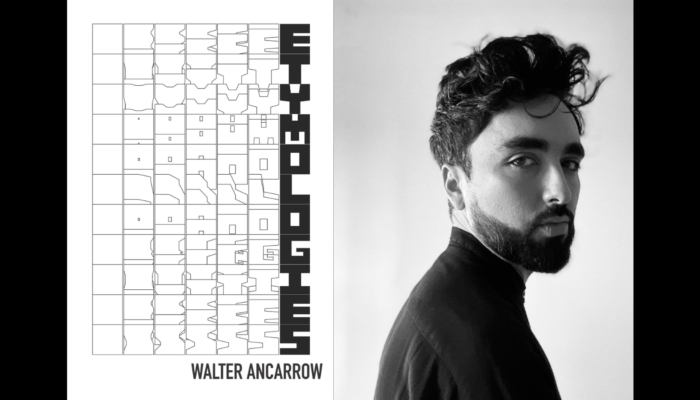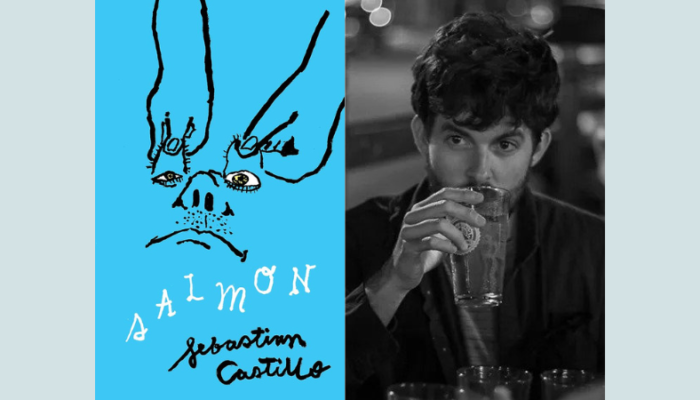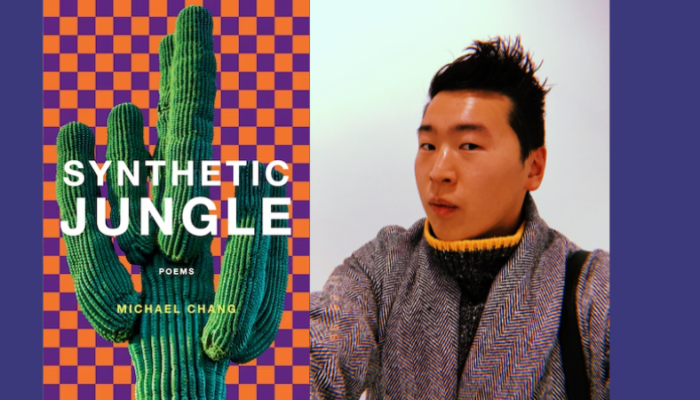In our forthcoming issue (Apogee Journal Issue 07), Chris L. Terry gifts us with an electric flash piece entitled “I Got Into Punk After” from his novel in progress, Magical Negroes. In this interview, we discuss voice, craft, and advice for this year’s submitters.

Apogee Journal [AJ]: There are so many things to love about “I Got Into Punk After”, particularly the strength and singularity of your voice. Can you tell us a bit about your process and why you are drawn to writing young adult fiction?
Chris Terry [CT]: Thanks for loving it! I like writing teen characters because that age is inherently dramatic. I remember everything feeling extremely urgent when I was a teenager. That automatically raises the stakes in a story. When I’m writing a younger character, I write fast to convey that youthful, life or death feeling. In editing, I delete a lot to make the prose move quickly, and less formally. During all steps, I ask myself, “Would a teenager put it this way?”
AJ: This piece deals with the subject of biracial identity. What do you hope your readers might take away from this exploration?
CT: While writing “I Got Into Punk After”, I was trying to capture an experience of being mixed in the south in the 1990s. So much has changed since then. Places that felt white and black a generation ago are now browner. There are more mixed people everywhere in the U.S. With that in mind, I think of myself as creating a time capsule of what is quickly becoming a bygone era and, hopefully, a bygone issue.
AJ: Many of us are happy to know that “I Got Into Punk After” is an excerpt from a novel in progress. Can you tell us a bit about it?
CT: The novel’s called Magical Negroes. It’s about a black mixed-race punk rock bassist who goes on a mission to win back his Black Card. In the process, he is accused of a violent crime, which forces him to reconsider his narrow ideas about race and identity, and his relationship with his black imaginary friend. “I Got Into Punk After” is an edited version of the narrator’s punk rock origin story, which appears near the beginning of the book. I wrote it to explain why he was looking for a quick-fix identity. The novel takes place a few years later, as he’s realizing that side-stepping race in favor of rock ‘n’ roll wasn’t a long-term solution.
AJ: You recently taught a craft master class at the PEN Center in Los Angeles. Can you share a piece of writing advice that you follow and encourage your students to follow? If you tend to break with conventional writing advice, please share that too.
CT: My favorite super-true writing cliché is, “The hardest part of writing is keeping your butt in the chair.” I keep my butt in place by working for short amounts of time, and setting small, attainable goals. If I’m generating material, I write 500 words a day. If I’m editing, I work for half an hour a day. It adds up, without cutting into my job or family-time. On the good days, I go longer. On the meh days, I’ve at least kept the project in the forefront of my mind, so that I don’t have to spend an hour getting oriented when I write again. It’s easiest to dive back in if I know what I need to do. I call this keeping the engine warm. That’s what works for me, but I’m a pretty regimented person, and kinda flighty—I find that, no matter how much time I have to write, I’m rarely good for much more than an hour.



